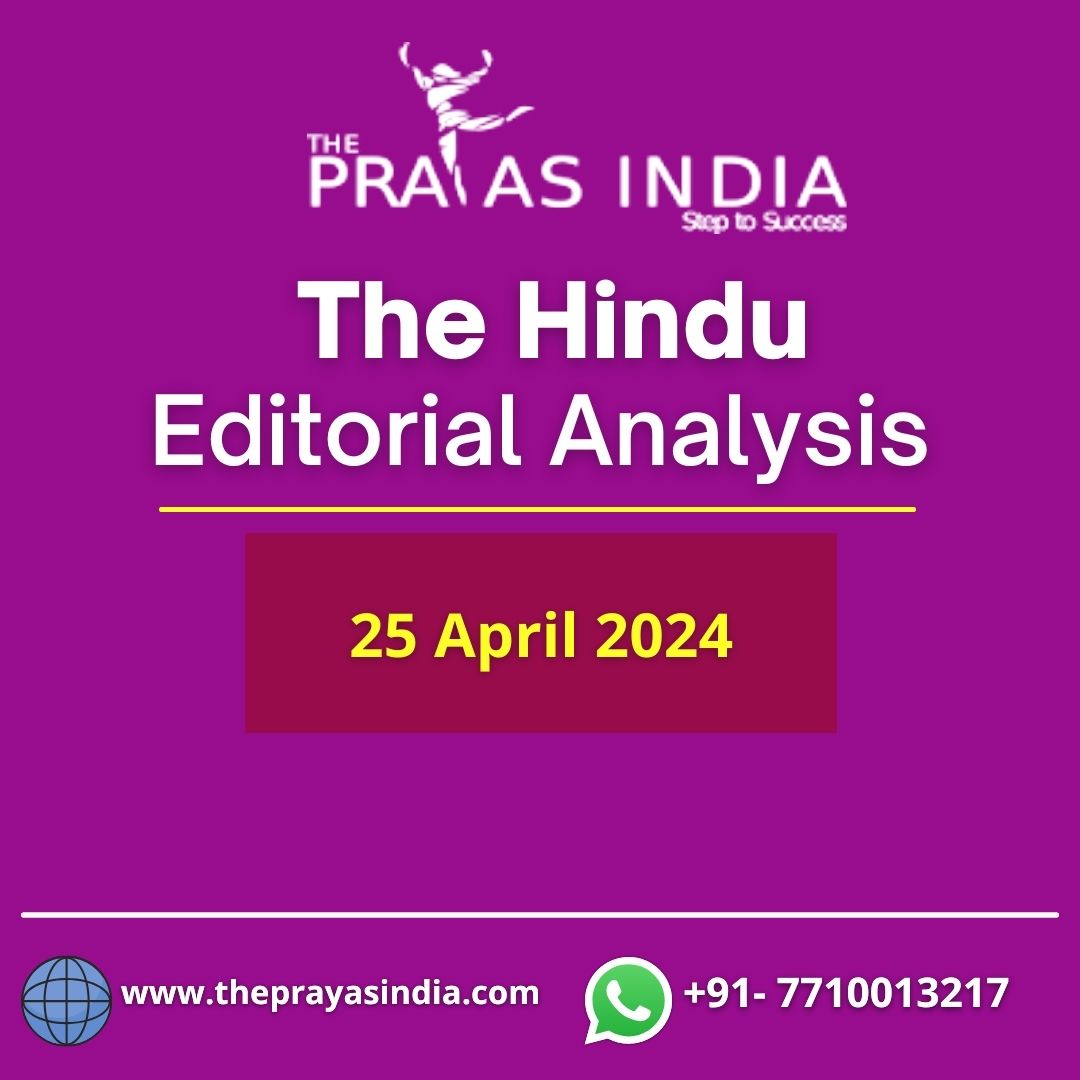Centre VS Delhi Government on Control Over Services
Present circumstances:
- A five-judge Supreme Court Constitution Bench is hearing a recent dispute between the Delhi government and the Center regarding service control.
- Nearly five years ago, a similar issue led to a ruling in favour of the state government led by the Aam Aadmi Party.
The present situation:
- In response to the Center’s argument, a three-judge bench led by former CJI N V Ramana had referred this issue to a larger Bench on May 20, 2022. The three-judge Bench had determined that the matter of control over administrative services required “further examination.” A Bench headed by Chief Justice of India (CJI) D Y Chandrachud has been established to hear the dispute between the Centre and the Delhi government regarding issues pertaining to control over the transfers and the overall operation of administrative services in the National Capital Territory (NCT) of Delhi.
Article 239AA(3) (a):
- In response to the recommendations of the S Balakrishnan Committee, which was constituted in 1987 to look into Delhi’s statehood claims, the 69th Amendment Act, 1991 inserted Article 239 AA to the Constitution and gave Delhi Special Status.
- The NCT of Delhi will have an Administrator in addition to a Legislative Assembly, according to this Article.
- With the exception of laws governing land, public order, and police, the Legislative Assembly “shall have the power to make laws for the whole or any part of the NCT with respect to any of the matters in the State List or Concurrent List in so far as any such matter is applicable to Union territories,” subject to the provisions of the Constitution.
The following constitutional provisions apply to the current situation:
- The Center asked for a referral to a larger Bench on April 27, 2022, saying that as Delhi is the capital and “face of the nation,” it needs permission to transfer and post staff there.
- The court came to the conclusion that, in accordance with Article 145(3) of the Constitution, a Constitution Bench would need to render a firm decision on the particular issue of the range of the legislative and executive functions of the Center and NCT of Delhi with regard to the term “services.”
- The Constitution’s Article 239 AA(3)(a), which deals with unique rules for the NCT of Delhi, was the key point of contention, according to the court.
- According to the court’s judgement dated May 6, the Constitution Bench of this Court did not have an opportunity to carefully analyse the consequences of the phrasing of Article 239AA(3)(a) with regard to Entry 41 in the State List (State public services; State Public Service Commission).
- In line with Article 145(3), a Constitution Bench comprised of at least five judges must be created “for the purpose of considering any issue presenting a substantial point of law as to the interpretation” of the Constitution.
- After a two-judge bench split on the subject of services, the case was previously handled by a three-judge panel.
Earlier rulings on this case:
- Following the 2019 split ruling, the case was listed before the CJI so that it could be heard once again. Split choices are rare, although they do happen occasionally. The matter is reheard by a larger Bench that the CJI has convened where there is a split decision.
- Justice Sikri disagreed, saying that while “for other levels, including DANICS (Delhi, Andaman and Nicobar Islands Civil Service) officers, the files can be submitted to the Lieutenant Governor through the DANICS,” “transfers and postings of Secretaries, HODs and other officers in the scale of Joint Secretary to the Government of India and above can be done by the Lieutenant Governor and the file submitted to him directly” (Delhi, Andaman and Nicobar Islands Civil Service)
- The 2019 ruling also addressed five other issues regarding the Delhi government’s Anti-Corruption Branch’s ability to investigate corruption charges involving federal government workers and name commissions of inquiry. The power struggle gave rise to these problems.
2018’s ruling:
- A five-judge bench that includes then-CJI Dipak Misra and Justices Sikri, Bhushan, A. M. Khanwilkar, and (now CJI) Chandrachud interpreted Article 239AA of the Constitution in 2018, which has particular provisions for the national capital.
- The court created broad limits for Delhi’s administration, ruling that while the city cannot become a state, the LG’s power can be restricted because he lacks “independent decision-making ability” and must operate under the support and direction of the elected government.
- The Constitution Bench further concurred that, save from situations in which he is permitted to exercise his own discretion, the Lieutenant Governor must always act in accordance with the advice and recommendations of the Council of Ministers.
- The LG is only allowed to make decisions about land, law enforcement, and public order, according to the court, who further stipulated that he must seek the council of ministers’ advice and help when making decisions regarding any other topics.


